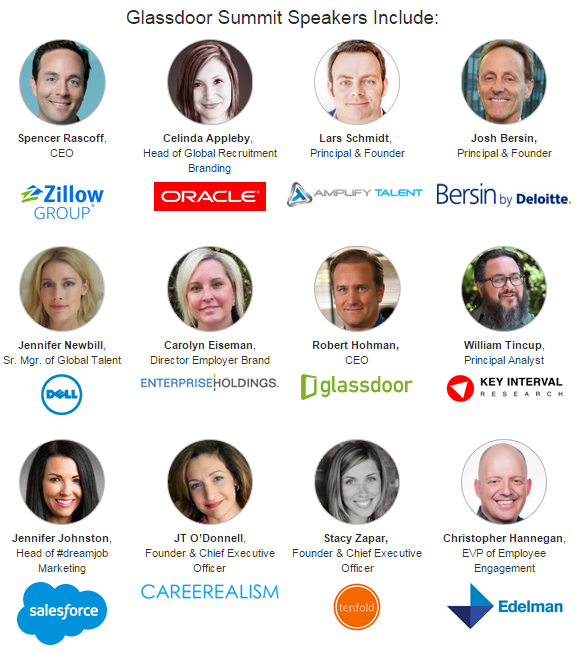I keep hearing everywhere that all organizations want from employees is people who are problem solvers! Executives when asked what they are looking for in future and current employees will wax poetically about we just need ‘good’ people (which is really slang for more people who look and act like ‘us’) who can ‘solve problems’.
Even my kids teachers and the public education system constantly talk about how we are just working to teach our kids how to solve problems.
If we just had more problem solvers in our work environments, everything else would take care of itself!
Wrong!
Our reality is everyone ‘can’ solve problems, but you don’t want their solutions. Most people have no ability to really solve problems, they usually just end up causing the problem to be bigger, or creating new problems that are worse in the long run.
In HR you don’t need to solve problems to be successful. You do, though, have to one thing very well. You can’t create problems!
This is tough one.
Most HR pros I know love to create problems, under the disguise of then being able to solve those made up problem. By the way, HR isn’t alone in this quest, every other function has their fake problem solvers as well.
The one I hear recently is companies that are having this candidate experience problem. You know the drill. HR can’t find enough good talent to fill the jobs they have open (real problem), so they go to their executive team and tell them it’s because our candidate experience is awful (fake problem). The reality is HR is doing an awful job attracting talent, candidate experience isn’t the real issue, things like having recruiters pick up the phone are, but those are just details.
To be successful in HR, you just have to not create any new problems. You’ll have plenty of problems crop up on their own without your help! If you do nothing but come in and do the work of HR and not create new problems, you’ll be better than 90% of HR pros in the world. That’s pretty successful.
Success in HR = not creating new problems. That seems simple enough. Now getting into the top 10% means you might have to solve some of those existing problems you have, but we’ll save that for another time.


